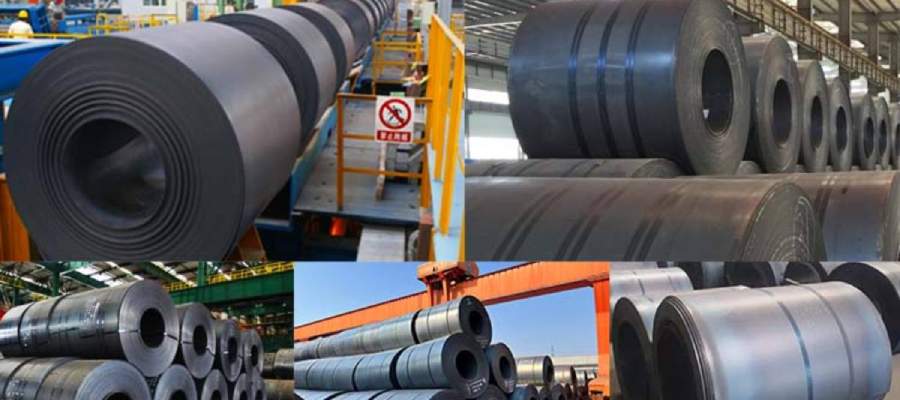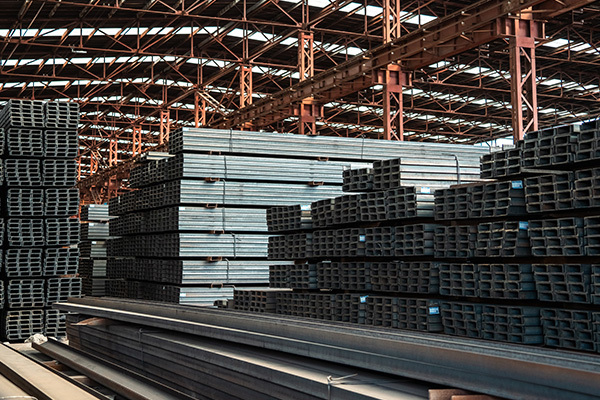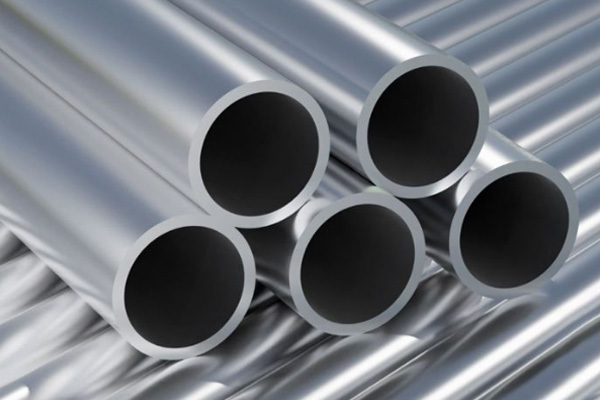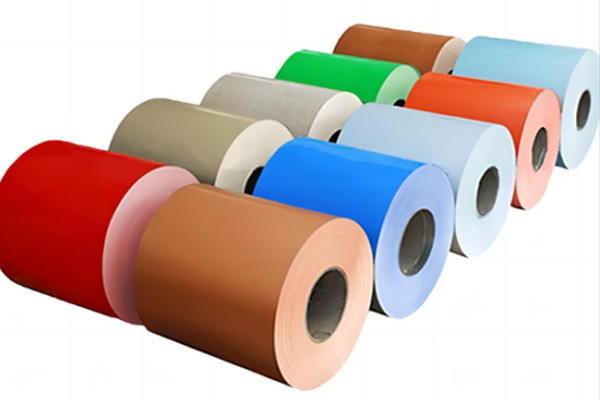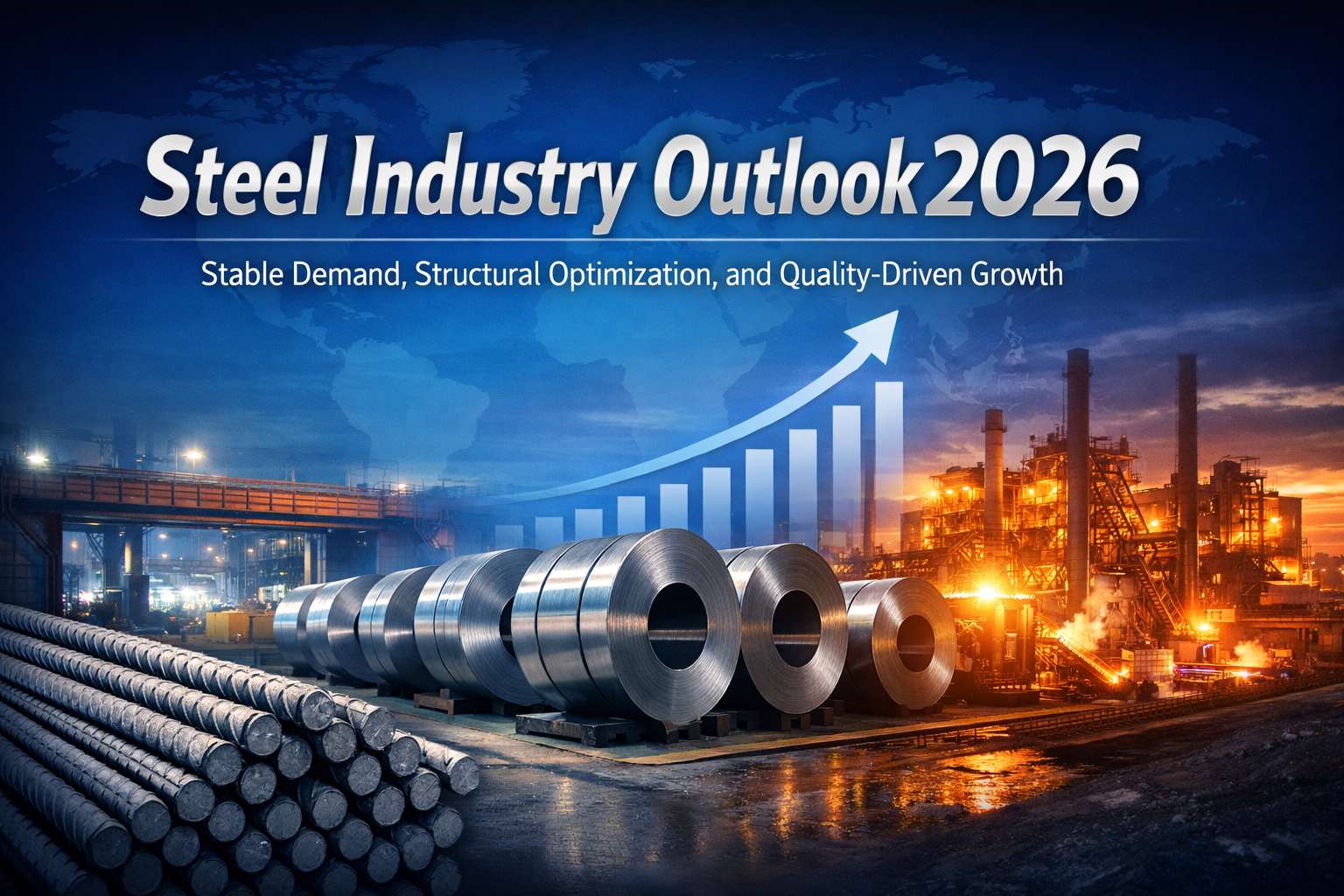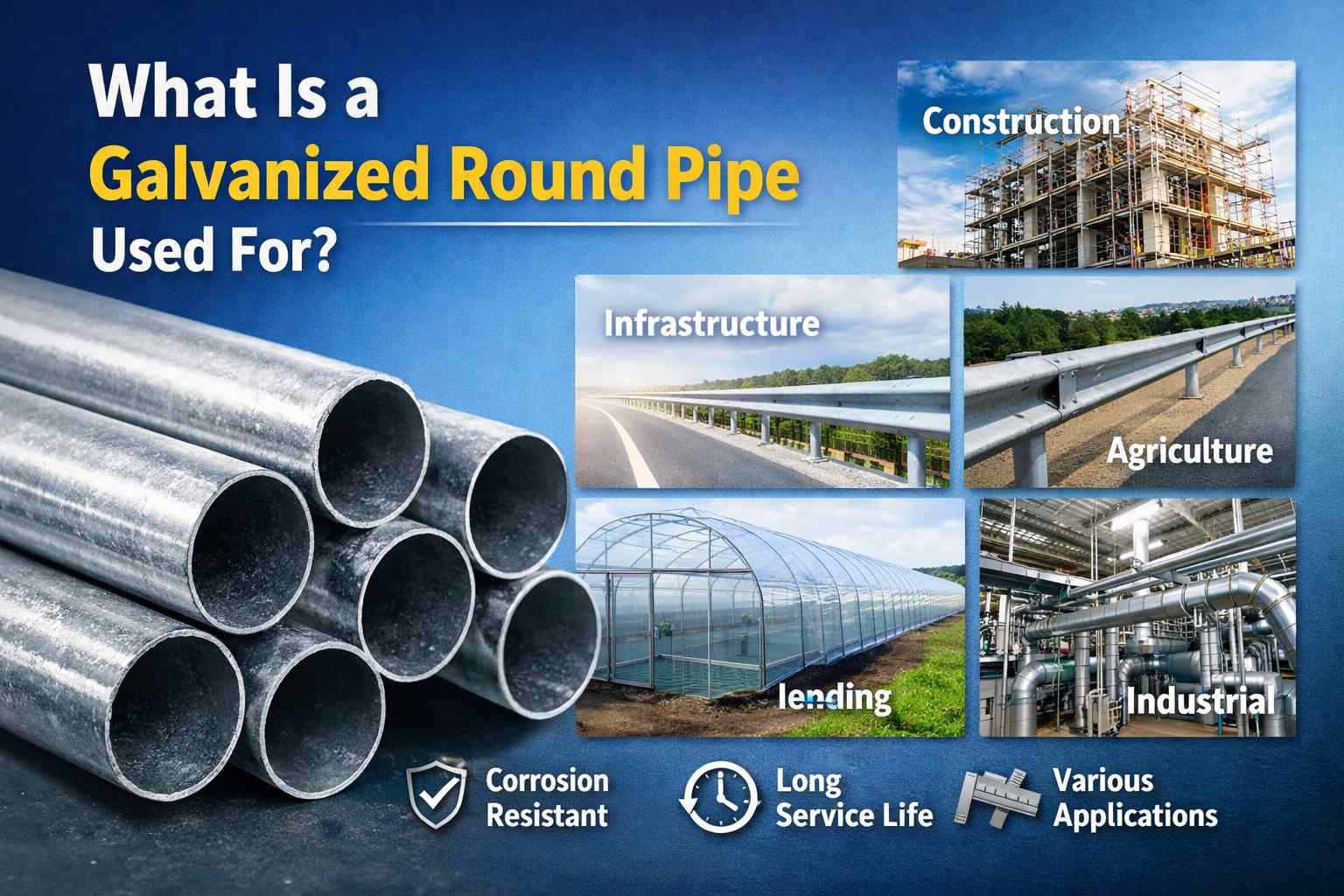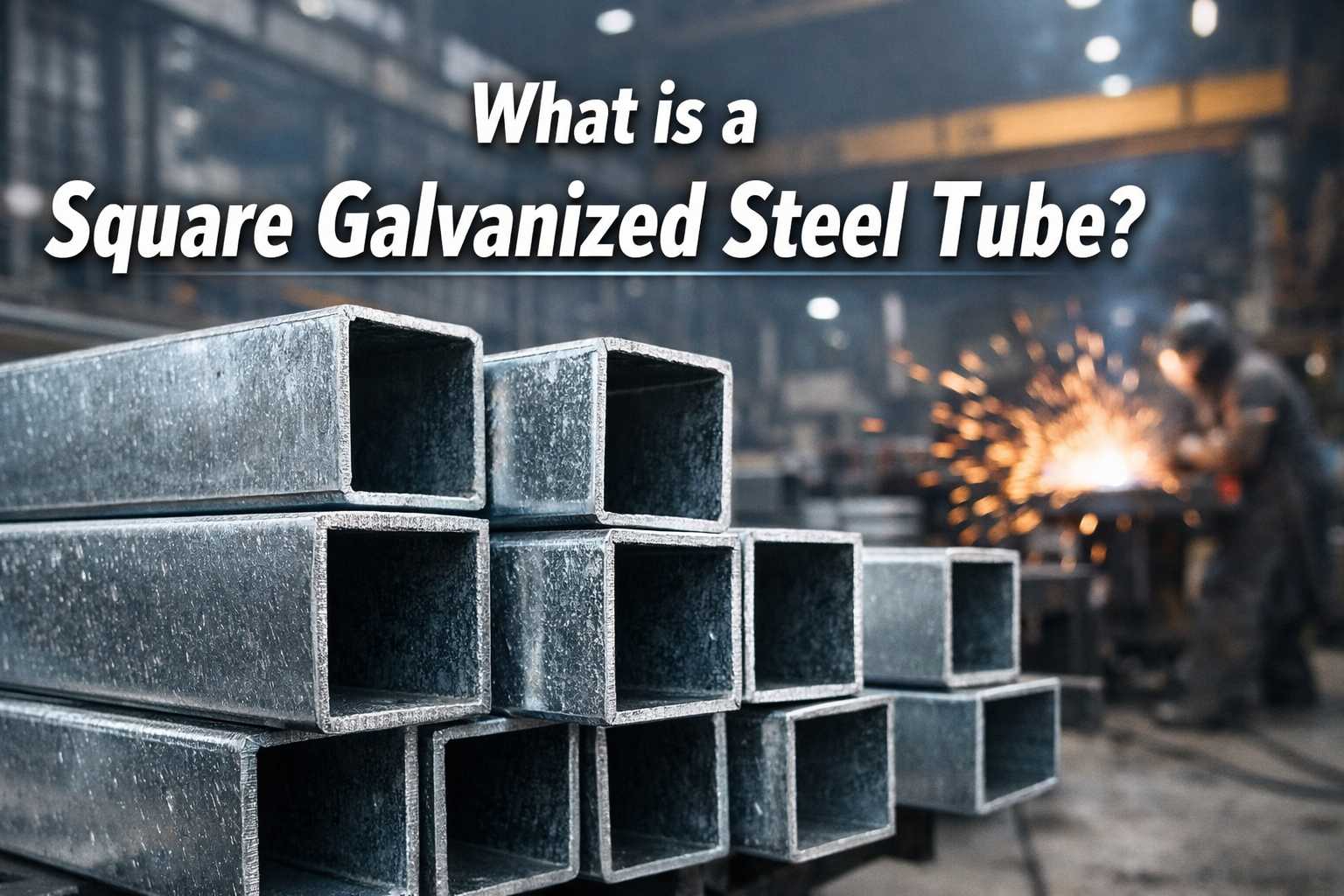Top HR Coil Supplier 2025 Guide for High-Quality Steel Coils
What Are Hot Rolled Steel Coils
Hot rolled steel coils, or HR coils, are basically steel sheets rolled while hot. They’re a must-have for construction, manufacturing, and machinery projects. The process is simple: steel slabs get heated to super high temperatures—around 1,700°F (926°C)—then rolled into long sheets and coiled while still hot.
Compared with cold rolled steel, HR coils are cheaper but a bit rough on the surface and not as precise. Still, for beams, rebar, car frames, or heavy machinery, they get the job done.
How Hot Rolled Steel Coils Are Made
The process for making these steel products is pretty straightforward:
1. Heat the slab until it’s soft enough to shape.
2. Roll it through machines that squash it down to the right thickness and coil it.
3. Cool it at room temperature before shipping.
Cold rolled steel is a bit fancier—it’s rolled at room temp for a smoother finish and tighter dimensions—but it costs more.
Specs to Know
HR coils come in lots of sizes and grades:
Thickness: 1–25mm
Width: Up to 2,000mm
Grades: Mild steel, HSLA steels, even stainless (304, 316)
Type of steel: Perfect for construction, automotive, shipbuilding, or machinery
Pros & Cons
ProsConsCheaper than cold rolled steelRougher surfaceGood for big structuresLess precise dimensionsEasy to work withCan rust if left unprotectedWidely availableNot for super thin sheets
Getting high-quality HR coils keeps your projects smooth and avoids headaches down the line.
Sourcing HR Coils: What to Watch
Buying HR coils isn’t always easy. Common problems include:
Supply delays from raw material shortages
Inconsistent quality causing rework or wasted steel
Watch out for suppliers that:
Don’t have ISO or quality certifications
Deliver coils with surface defects or poor weldability
A reliable HR coil supplier like Shineyond Group tests everything in-house, so you get exactly what you ordered.
Picking an HR Coil Supplier in 2025
Focus on these:
1. Certifications: ISO 9001 or similar = peace of mind.
2. Product range & customization: Slitting or custom coils can save you a ton of waste.
3. Pricing & MOQs: Bulk buys often mean better prices; flexible MOQs help smaller jobs.
4. After-sales support: Warranties, returns, and responsive service are huge.
Supplier types:
| Type | Pros | Cons | Best For |
|---|---|---|---|
| Local Mills | Fast, local compliance | Limited selection | Big, steady projects |
| Importers | Specialty grades | Slower delivery, more expensive | Niche needs |
| Service Centers | Customized coils, flexible MOQs | Slightly pricier | Small or varied orders |
Where HR Coils Are Used
Hot rolled steel coils are everywhere:
Construction: Beams, rebar, and structural parts
Automotive: Chassis, frames, reinforcements
Shipbuilding: Hulls, corrosion-resistant structures
Machinery: Pipes, pressure vessels, heavy equipment
Shineyond Group handles hundreds of projects every year, keeping quality and consistency top-notch.
Trends & Tips for Buyers
Green steel: Low-carbon, eco-friendly coils
AI rolling tech: Thinner, stronger coils, less waste
Tips to keep your supply chain steady:
Track HR coil prices in real time
Audit suppliers regularly
Use multiple suppliers to avoid surprises
With the right supplier, high-quality hot rolled steel coil and other steel products are just a call away.




